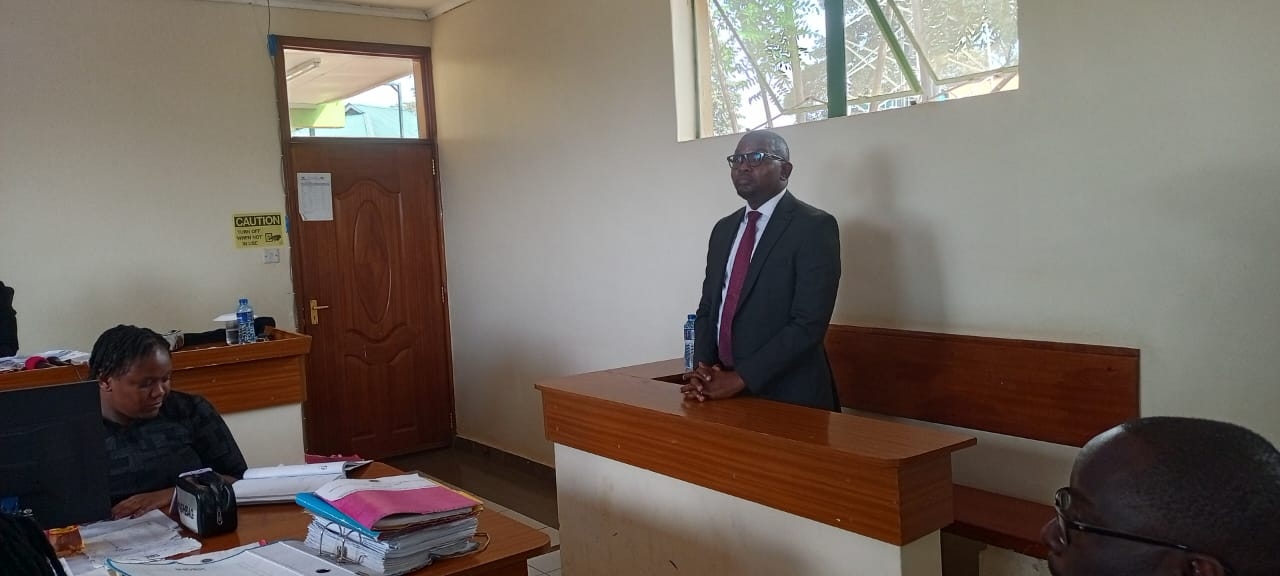Micro, small and medium-sized enterprises (MSMEs) are critical to many economies worldwide.
They contribute significantly to job creation, economic growth, and social cohesion. Kenyan economy particularly thrives on MSMEs.
Given their labor-intensive nature, they contribute greatly to filling the unemployment gap while also favouring flexibility and innovation.
In Kenya, MSMEs constitute about 95 per cent of all businesses and employ approximately 14.9 million people, constituting 80 per cent of the entire labour force.
Notably, about 7.41 million MSMEs in Kenya collectively contribute about 34 per cent of the country's GDP. Sadly, over 70 per cent do not operate beyond the third year.
Particularly, these MSMEs are vulnerable to risks such as natural disasters, fire, theft, or legal disputes that could lead to financial losses or even the collapse of the enterprise.
However, despite the potential risks, many MSMEs lack access to insurance coverage, which could mitigate these risks.
Financial losses from an adverse event often exceed what MSMEs can cover with informal risk mitigation mechanisms or reserves.
Fortunately, the government is keen to encourage MSME growth with targeted strategies including efforts to formalise the sector as well as increased access to private sector growth which stood at 11.7 per cent in February 2023.
According to FinAccess Survey for the Insurance Industry (2019), the percentage of the population that rely on their own business as a source of livelihood has been declining from 18 per cent in 2016 to 13 per cent in 2019, pointing to harsh business environments and longstanding issues with business resilience.
The pandemic was an adamant time for MSMEs in the country, as evidenced by the high rate of business closures, rating at over 60 per cent between 2019 and November 2022.
Given these figures, insurers have a significant role in meeting the risk management needs of MSMEs, not just for the survival of the businesses but also for the country and future generations.
MSMEs often lack sufficient risk management systems, exposing them to significant risks that could result in business failure.
Therefore, insurance providers have an opportunity to offer proactive risk management solutions to MSMEs by working with them to identify their risks and support the implementation of risk prevention and management mechanisms.
Formal insurance products are a crucial tool to increase the resilience of MSMEs. However, the uptake and use of insurance remain very low among MSMEs.
This, in turn, leads to a large and persistent gap in insurance provision for MSMEs.
For a start, insurers can leverage their greater understanding of risks than most MSMEs to develop targeted MSME products that address the specific risks faced by each MSME.
They can bundle different types of mutually supportive insurance and non-insurance products, such as credit or nonfinancial services, to provide more excellent value and convenience to MSMEs.
Insurers can also provide digital insurance, thus increasing accessibility to MSMEs.
Enterprises can access end-to-end insurance servicing using a mobile app, potentially increasing uptake and reducing the cost of insurance, making it more affordable for MSMEs.
Insurers can also partner with organizations that aggregate targeted MSMEs and have frequent touchpoints with them, such as financial institutions, agent networks, cooperatives, government, and digital platforms.
By partnering with these organizations, insurers can pool MSMEs with similar insurance needs, making it easier to offer tailored insurance solutions.
Additionally, insurers can offer targeted capacity building to MSMEs to drive growth.
Insurance literacy is another area where insurers can help MSMEs, as most need more knowledge to identify the risks they face and are unfamiliar with the role that insurance could play in managing these risks.
Insurers can design and support campaigns to raise awareness about insurance and improve the insurance literacy of MSMEs.
As an underwriter, Old Mutual has developed a comprehensive insurance solution targeting MSMEs dubbed Biashara Sure Cover.
Other solutions include Biashara Flexi, a life insurance solution that covers employees working within a small or medium-sized organization; SME Health, a health insurance cover designed for the underserved SME segment that needs benefits tailored to their business size but with comprehensive benefits.
In conclusion, insurers can offer proactive risk management solutions to MSMEs and provide them with more excellent value and convenience.
This will increase insurance uptake in the MSME market, reduce the risks these enterprises face, and contribute to their growth and sustainability.
The writer is the MD of Old Mutual General Insurance.













